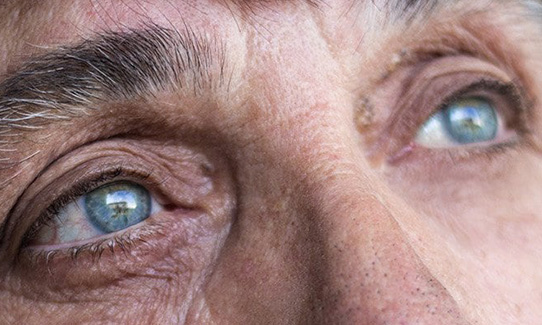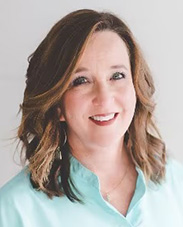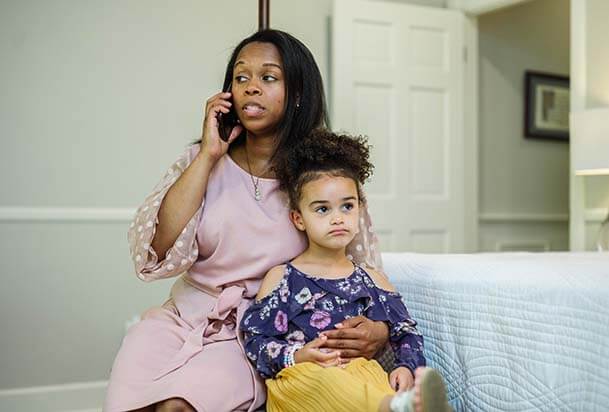

Feb 09 2022
Vision Loss Isn’t Part of Aging


Summary
As we age, our vision can change, but vision loss is not a normal part of getting older.
As we age, our vision can change, but vision loss is not a normal part of getting older.
Many older adults experience eye problems that make simple daily activities difficult, and in some cases, impossible.
The risk of severe eye problems has been shown to increase significantly after age 65. As we age, our vision can change, but vision loss is not a normal part of getting older.
Low vision is defined as visual impairment that is not correctable through surgery, medication, glasses or contact lenses.
Low vision can rob you of independence by making it hard for you to read, drive, watch television, get dressed or do other activities. Low vision can also impact your safety by increasing your risk of falling. Low vision is also linked closely to a high risk of depression.
Aging is the No. 1 risk factor for low vision diseases. Other factors that can increase your risk are race, gender, family history, smoking, exposure to UVA/UVB rays and a poor diet.
The most common conditions that cause low vision are:
- Age-Related Macular Degeneration (AMD), the leading cause of vision loss, responsible for nearly half of all cases of low vision. There are two types of AMD and both cause you to lose your central vision. Wet AMD can cause a rapid vision loss, while dry AMD causes a gradual loss.
- Diabetic retinopathy, a major cause of blindness caused when high blood sugars damage blood vessels. The National Eye Institute reports more than 30% of those with diabetes have some form of diabetic retinopathy.
- Cataracts, which affect the lens of the eye. Vision becomes blurry and cloudy, making it difficult to drive or see well at night.
- Glaucoma, which causes a decrease in side or peripheral vision and can cause complete blindness if left untreated. Usually vision loss with glaucoma is lost over time with no symptoms.
Eye care professionals can often identify early signs of these diseases. Seeking care early can reduce the severity of vision loss. Low vision rehabilitation services from a specially trained occupational therapist can help. We can recommend certain tools, devices and technology to help you regain lost independence.
Early detection is very important. See your eye care specialist and, if needed, let us help you make the most of your remaining vision.


Cheri Harbour, MS, OTR/L, SCLV
Cheri Harbour, MS, OTR/L, SCLV, is an occupational therapist who provides Low Vision Rehabilitation at the North Mississippi Medical Center Retina Center in Tupelo. Cheri holds a master’s degree in occupational therapy and a graduate certificate in low vision from the University of Alabama in Birmingham. In 2014, she received her specialty certification in low vision rehabilitation from the American Association of Occupational Therapy—making her one of only two occupational therapists in Mississippi with this certification. Cheri sees patients by referral from their eye care or health care provider.
Call 1-800-THE DESK (1-800-843-3375) to make an appointment with an ophthalmologist. Referral is required for most appointments with the NMMC Retina Center and for Low Vision Therapy. For more information, call (662) 377-3340 during office hours.

Subscribe to Our Newsletter
Like this content and want to get more? Sign up for True North, the health and wellness newsletter from North Mississippi Health Services!

Subscribe to Our Newsletter
Like this content and want to get more? Sign up for True North, the health and wellness newsletter from North Mississippi Health Services!

Nurse Link®
Call 1-800-882-6274 anytime to speak directly to a registered nurse and get immediate answers. Using computerized medical protocols, nurses direct callers to the most appropriate medical treatment. Our nurses are available 24 hours per day, seven days per week.